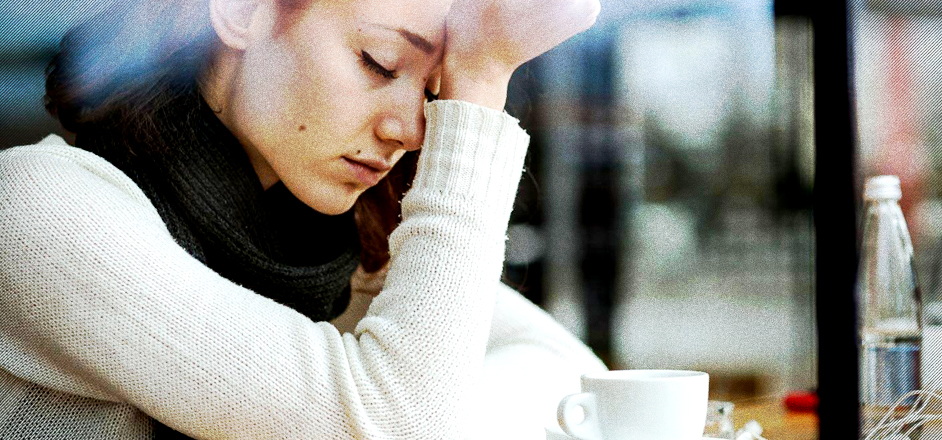What tangled webs we weave …
Researchers from the University of Sydney wanted answers. Do political backgrounds have any affect on the way people approach their day-to-day lives in consumer behavior? Do republicans complain about their food being two degrees off all the time or are liberals really the shitty "Can I speak with your manager?" types they're often known to be? Seems kind of hard to focus in on with any meaningful conclusion, but the team attempted it all the same.
In the paper titled, Blue and Red Voices: Effects of Political Ideology on Consumers’ Complaining and Disputing Behavior, the short answer is that liberals complain more than their conservative counterparts by as much as 25 percent.
To figure this all out, the team filed through three large consumer complaint databases: Consumer Financial Protection Bureau, the National Highway Traffic Safety Administration and the Federal Communication Committee. They then cross-referenced the gripes with the 2012 election and other national polling data to compare it with the counties various complaints came from.
And voilà: "Conservative consumers are not only less likely than liberal consumers to report complaints, but also less likely to dispute complaint resolutions,” the paper states.
Which is backed by similar studies cut of the same cloth. In 2015, researchers at the University of Cincinnati found liberals tend to have less self-control than republicans.
Think of four people sitting down to eat, maybe two republican parents and their two democrat adult children. One side is perfectly fine with the way things are right now, and 'will eat that fucking burger anyway even though it's overcooked.' The others want to burn the place down until the situation is either rectified or everyone is suffering alongside them. The parents, conservative in their upbringing, would rather not rattle the boat. The others? Fuck this boat.
The phenomenon can also be explained by "system justification," a phrase that basically means people are going to be fine with whatever happens socially because the alternative is far more difficult and frightening to handle. Being passive when a waitress screws up an order is simply less of a hassle than standing up and demanding rectification. You're either fine with tradition and status quo, or you feel like your way is so much more necessary right now at this very instant.
It's not to say one way of living is any better than the other. Though it does open up the question of whether or not the egg comes before the chicken. Are people drawn to political parties because of a more refined perception of its followers, or can youthful sensibilities be drawn into a political party that appears to take no shit from anyone? People are more comfortable in groups, after all — they just have to find the group initially, and then possibly defend it to the death in comment threads with complete strangers.
What tangled webs we all weave.



Leave a Reply